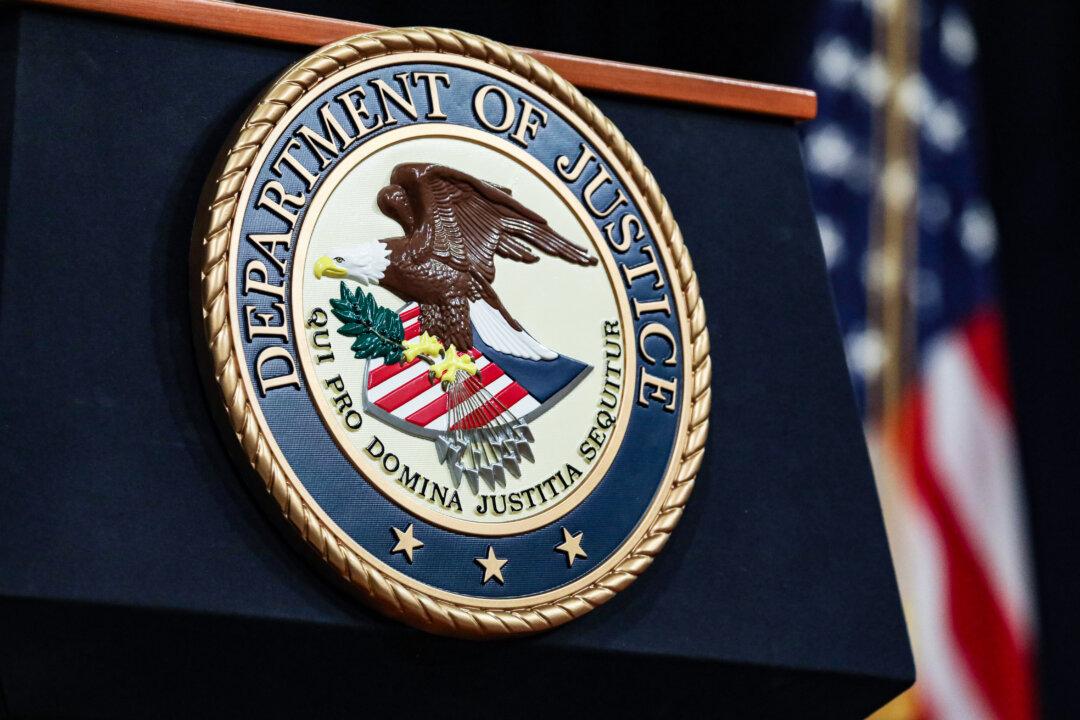The Department of Justice (DOJ) has abandoned a stale prosecution of Bijan Rafiekian, a former business partner of Lt. Gen. Michael Flynn.
After being stuck in the appeals process for more than four years, the DOJ was facing the prospect of having to try the case in federal district court anew. Instead, on Sept. 11, it asked for it to be dismissed. District Judge Anthony Trenga granted the request later that day.





